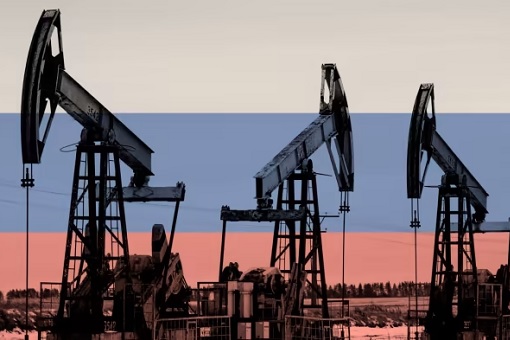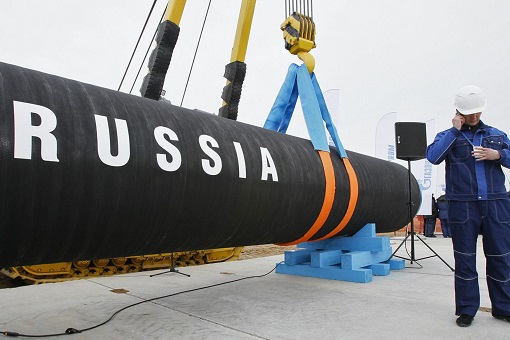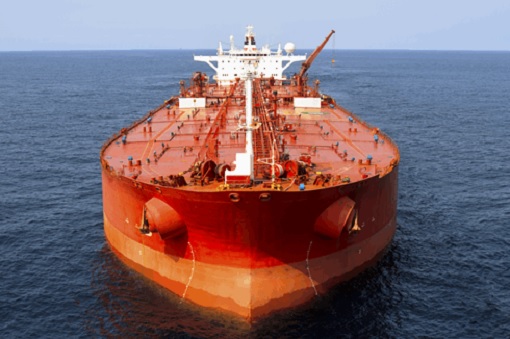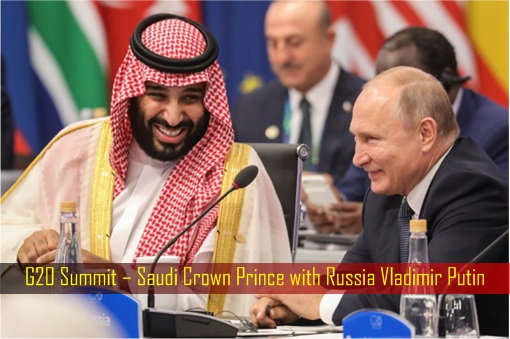Effective Monday (Dec 5, 2022), the West has slapped a price cap on Russian oil at US$60 per barrel. Designed by the Group of Seven (G7) to limit Moscow’s revenues from oil exports so that it would cripple its ability to finance the ongoing Ukraine War, the price cap means Russia can export crude oil and insure it using the services of Western companies only if it sells it at US$60 per barrel or less.
The idea was to punish Russia by slashing its profit because all the biggest shipping and insurance companies are based in Western Europe and the U.S., without which Russia might face difficulties in selling its crude oil. Russia, however, has repetitively threatened not to sell oil to countries enforcing the price cap. Such retaliation could create a shortage, hence skyrocketing oil prices.
Russian Deputy Prime Minister Alexander Novak said – “We will sell oil and petroleum products only to those countries that will work with us under market conditions, even if we have to reduce production a little. We are working on mechanisms to prohibit the use of a price cap instrument, regardless of what level is set, because such interference could further destabilise the market.”

The G7 strategy, backed by European Union and Australia, would cover more than two-thirds of Russian oil imports coming into the EU. However, the fact that the price cap goes into play about 6 months since the idea was first floated in May suggests the half-baked scheme would not have much impact on Russia. Moscow would only feel the pain if the price cap is US$30 a barrel.
The price cap of US$60 is way above Russia’s production cost. Its Urals crude is being produced at between US$20 and US$40 a barrel. In addition, Russian oil is already trading at a discount of about US$65 per barrel compared to US$85 for Brent crude. This gives Moscow lots of incentive to continue pumping crude and earn revenue as usual.
Obviously, the West was not really serious about squeezing Russia. In fact, they were terrified that the price cap could backfire. The current energy crisis, which has sparked global inflation and even recession in Europe, was the result of the U.S. playing with fire when it provoked Russia to invade Ukraine over NATO expansion that threatens Moscow’s sphere of influence.

Amusingly, while the EU’s oil embargo also applies to EU operators that insure and finance ships carrying Russian crude oil around the world, it does not apply to Russian oil imports coming into the bloc through pipelines. The Druzhba oil pipeline, for example, still supplies Russian oil to many Central and Eastern European countries, including Germany, Poland, Hungary, Slovakia, the Czech Republic and Austria.
So, instead of punishing Russia, Europe could be punished instead if Moscow completely shut down those ancient pipeline oil to the EU such as the 4,000-km Druzhba oil pipeline, which began operation in 1964 (the biggest crude oil pipeline networks in the world). Russian vessels could easily evade the price cap sanctions by registering in the Marshall Islands or Liberia and removing their Russian flags.
Besides, shipping and insurance firms may not have complete information about how much their clients pay for each shipment. Vessels could forge documents, declaring that they had bought within the price cap and there’s nothing the insurance companies could do to verify it. And there’s absolutely no way the insurance firms know whether the oil originated in Russia or otherwise.

Russia could also deploy a fleet of “ghost ships” to bypass or evade sanctions. In the past, EU nations like Greece helped Russian oil exporters get their commodity to the desired destination. Because ghost ships officially don’t exist, they cannot be traced or investigated for transporting sanctioned goods such as crude oil around the world.
Even if Europe or other Western nations refuse to buy Russian oil, countries like India, China and Turkey will continue to import oil from Moscow. The best part is, China and Saudi have shown how to make easy money by buying Russian oil before repackaged the commodity and resell it to Europe as if they were Chinese or Arab oil. Eventually, it was sucker EU who paid an incredible high price for Russian oil.
On Sunday, OPEC+, the alliance between the OPEC and non-OPEC members, agreed to continue reducing oil production by 2 million barrels per day (about 2% of world demand) until the end of 2023. The move was to ensure current high price. If China relaxes its Covid-Zero policy, the demand for oil will increase the crude oil prices would immediately spike.

Even though the ridiculous price cap plan won’t work, the West still has to try to show their power. In reality, no one can compensate for the quantities of oil Russia exports to the world. The Middle East, especially OPEC de-facto leader Saudi Arabia, would do everything to ensure the price cap fails because if it doesn’t, the U.S. might weaponize it against them in the future.
Other Articles That May Interest You …
- Here’s What The West Plans To Do With Russia’s $300 Billion Frozen Reserves – And Moscow Warns Of Similar Retaliation
- Proof British Navy Blew Up Nord Stream – PM Truss Sent Text Message “It’s Done” To Secretary Of State Blinken After Attacks
- Europe’s Fake Solidarity Cracking – Panic & Social Unrest Began As Putin Says “No Gas” Until Sanctions Lifted
- Moscow & Beijing Laughing All The Way To The Bank – How China Makes Easy Money Reselling Russian Gas To Europe
- Europe Apocalypse – Electricity Above €1000 For The First Time, All Hell Breaks Loose
- Oil Price Could Go Higher & Europe Could Be In Trouble – Putin Might Abruptly Cut Gas Supplies To The E.U. In Coming Weeks
- A Shift In Propaganda To Damage Control In Washington – Why President Biden & Western Media Making U-Turn Now
- Russia Cuts Off Gas To Poland & Bulgaria – European Gas Jumps 24% As Putin Starts Punishing “Unfriendly Countries”
- U.S. Sanctions Fail – How Russian Currency Emerges Stronger Than Pre-War With A New Gold Standard
- Pay Gas In Ruble Or Else – Europe In Serious Trouble As Putin Retaliates Against Western Sanctions
- From Wheat To Oil & Gas – How Russia Invasion Of Ukraine Affects Europe’s Food Supply, And Even Your Loaf Of Bread

|
|
December 6th, 2022 by financetwitter
|


|

|

|

|

|

|




























Comments
Add your comment now.
Leave a Reply